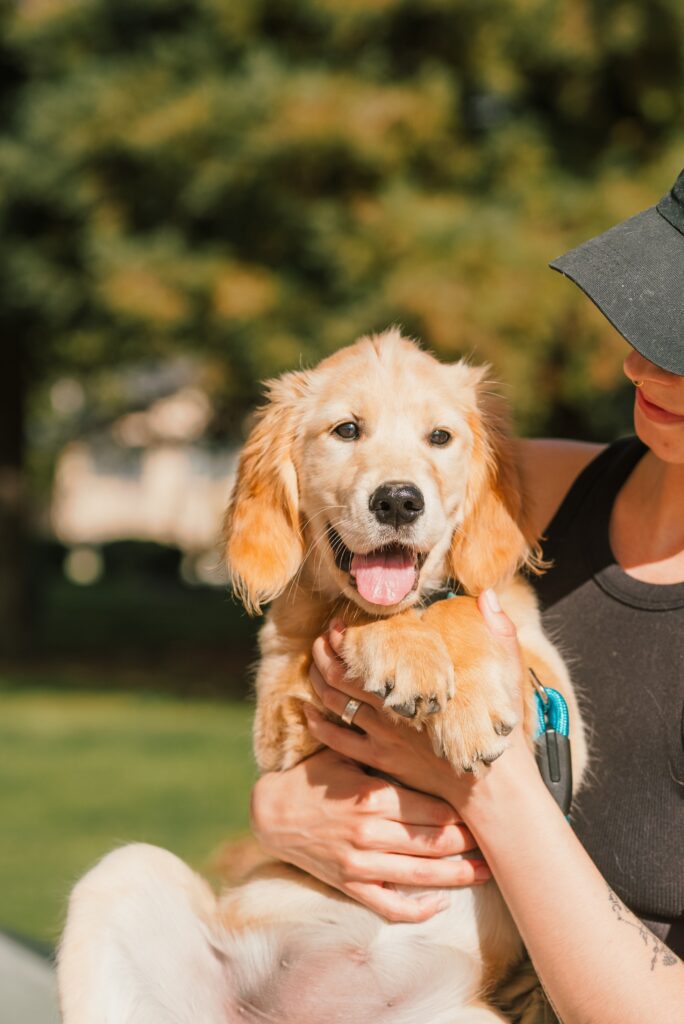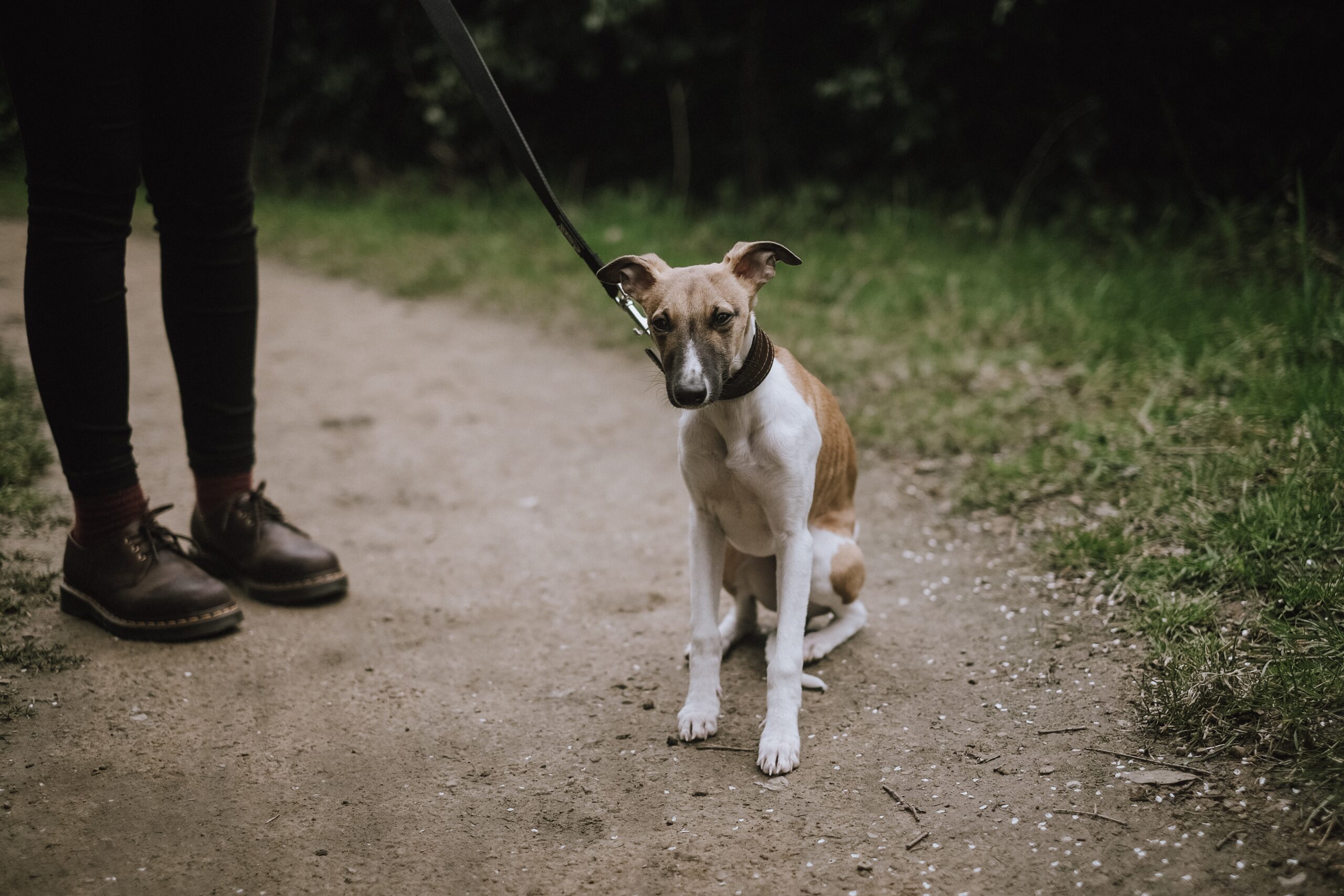Introduction
Reducing fear and anxiety in dogs is a common challenge that many dogs face, impacting their overall well-being and quality of life. Fortunately, there’s a powerful and proactive way to address these issues: proper early socialisation.
Early socialisation can make a remarkable difference in helping dogs develop into confident, well-adjusted, and emotionally balanced companions.
So in this blog post, we’ll explore how the right approach to socialisation during a dog’s critical developmental period can significantly reduce fear and anxiety, leading to a happier and healthier furry friend.
1. The Critical Socialisation Period
The first few months of a dog’s life, typically between three to sixteen weeks, are a critical period for socialisation.
During this time, a dog’s brain is highly receptive to new experiences and stimuli. Proper exposure to various people, animals, environments, and situations in a positive and safe manner helps dogs build a strong foundation of trust and confidence.
2. Desensitisation to New Experiences
Early socialisation exposes dogs to different sights, sounds, and smells, helping them become desensitised to potential triggers of fear and anxiety.
Gradual and positive introductions to novel stimuli enable dogs to feel more at ease in unfamiliar situations, reducing their anxiety responses.
3. Positive Associations with People and Other Dogs
When dogs have early, positive interactions with people and other dogs, they learn that the world is a friendly and non-threatening place.
This exposure helps prevent the development of fear-based aggression and promotes healthy social behaviour throughout their lives.

4. Confidence Building
Proper early socialisation fosters a sense of confidence in dogs. As they successfully navigate new experiences, they gain a sense of accomplishment and learn to approach novel situations with curiosity rather than fear.
5. Trust in the Owner
Socialisation with the owner plays a significant role in building trust between the dog and their human companion. When the owner is a source of comfort and security during new experiences, the dog develops a strong bond with them, seeking reassurance in uncertain situations.
6. Preventing Reactive Behaviours
Fear and anxiety are often the root causes of reactive behaviours, such as excessive barking, lunging, or cowering. Early socialisation helps prevent these behaviours from becoming ingrained habits by teaching dogs to remain calm and composed when faced with potential triggers.
7. Easing Veterinary Visits and Grooming
Dogs who have been properly socialised are generally more comfortable with handling and grooming, making routine veterinary visits and grooming sessions less stressful for both the dog and the owner.
8. Lifelong Benefits
The positive effects of proper early socialisation are long-lasting. Dogs who have been well-socialized during their critical period are more likely to remain emotionally resilient and adaptable throughout their lives.
Conclusion
Proper early socialisation is a powerful tool in reducing fear and anxiety in dogs. By providing positive and enriching experiences during the critical socialisation period, we can help our canine companions grow into confident, emotionally balanced, and well-adjusted individuals.
As responsible dog owners, it’s our duty to prioritise early socialisation, nurturing a lifelong bond of trust and understanding with our furry friends. By investing time and effort in their social development, we pave the way for a happier and healthier life together, filled with joyful experiences and precious memories.


1 thought on “Reducing Fear and Anxiety in Dogs: The Power of Proper Early Socialisation”
Comments are closed.